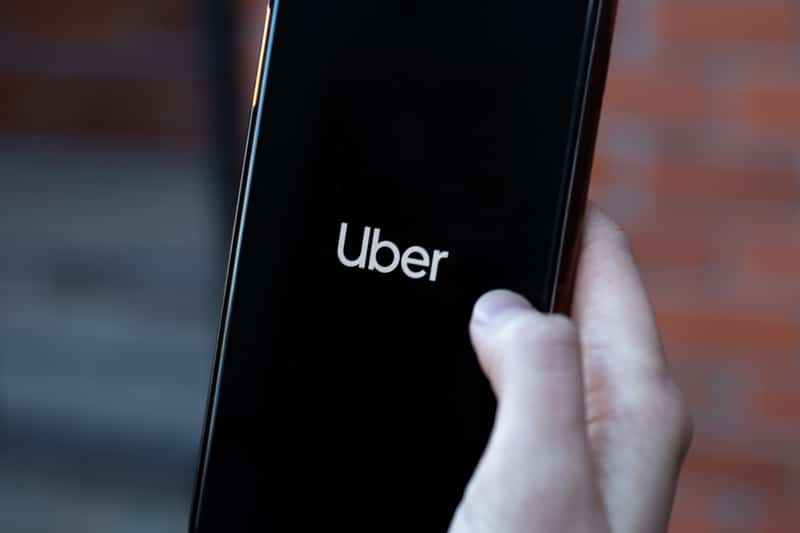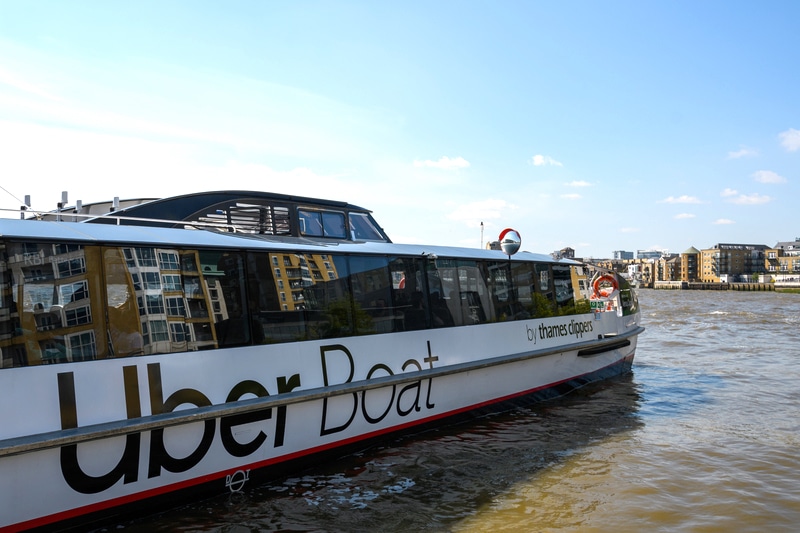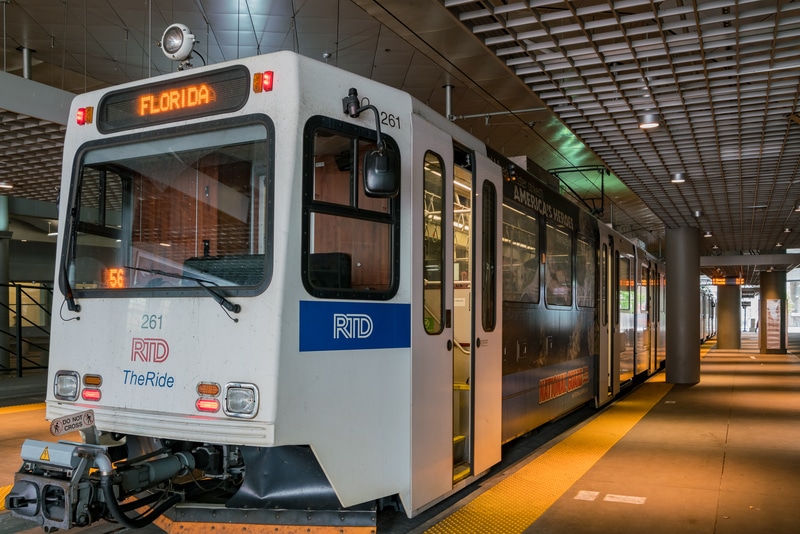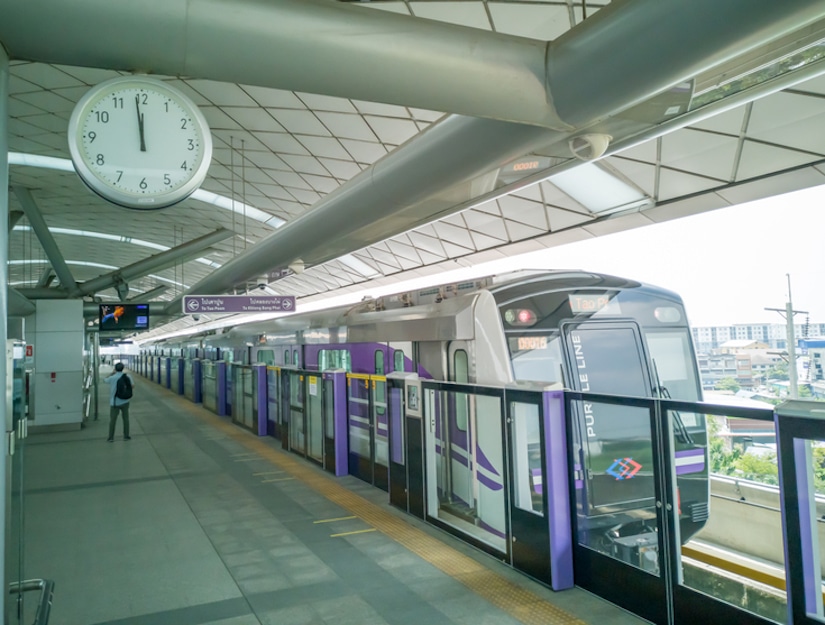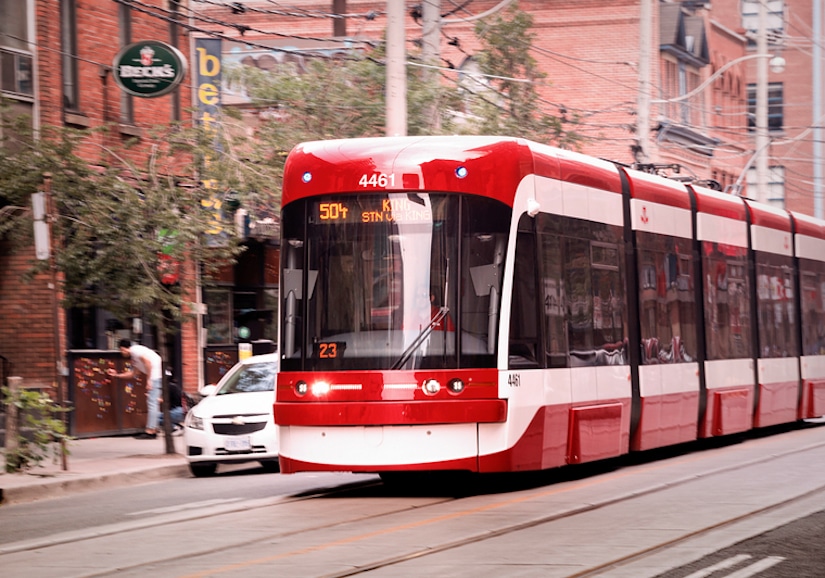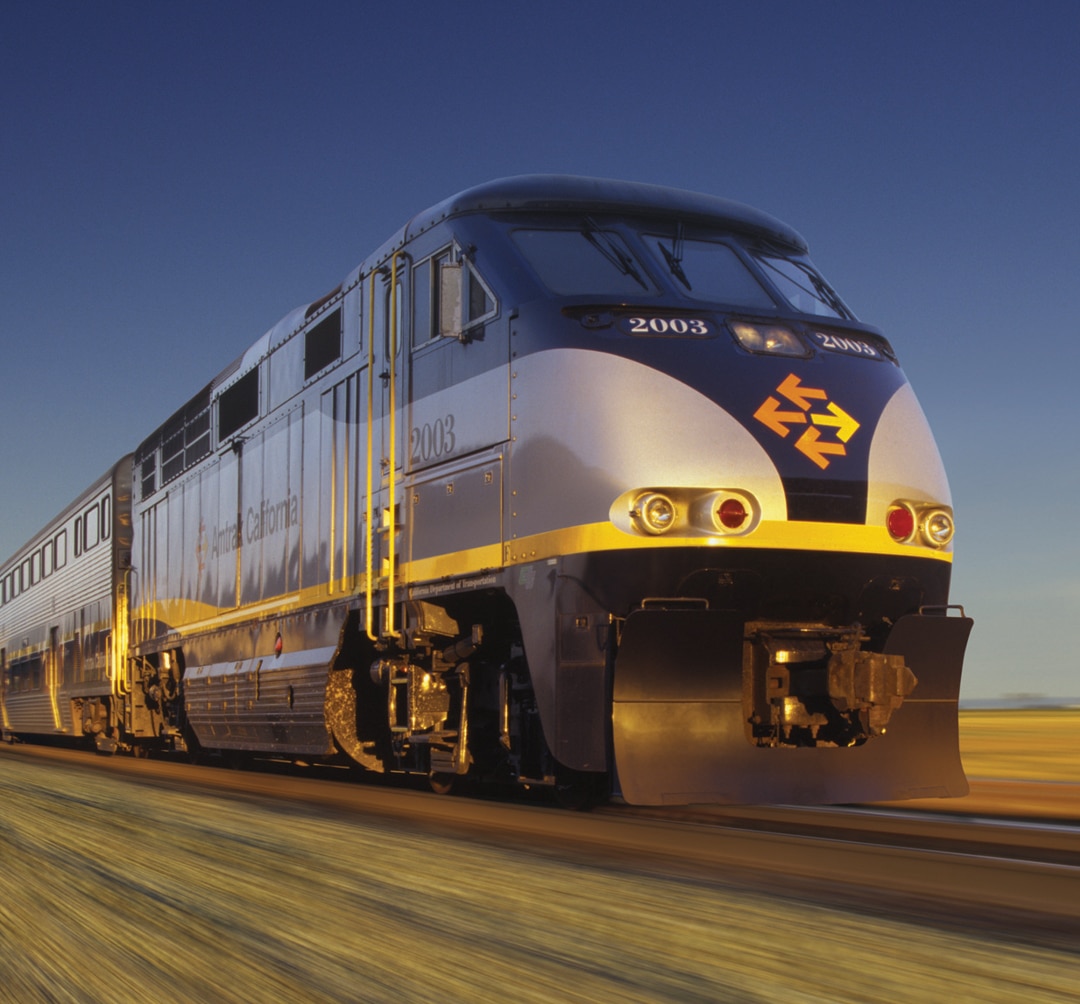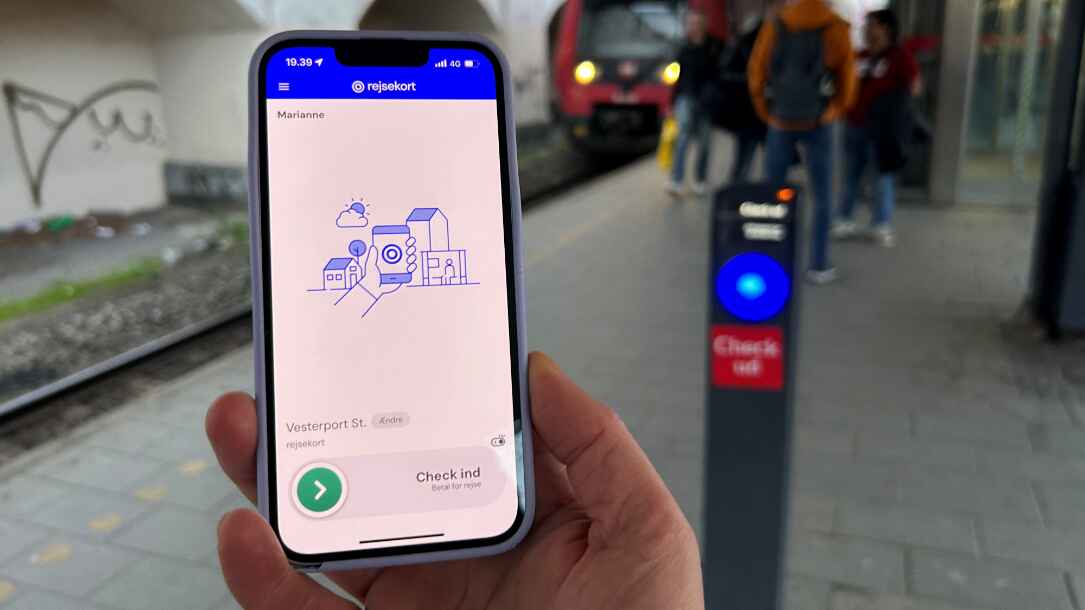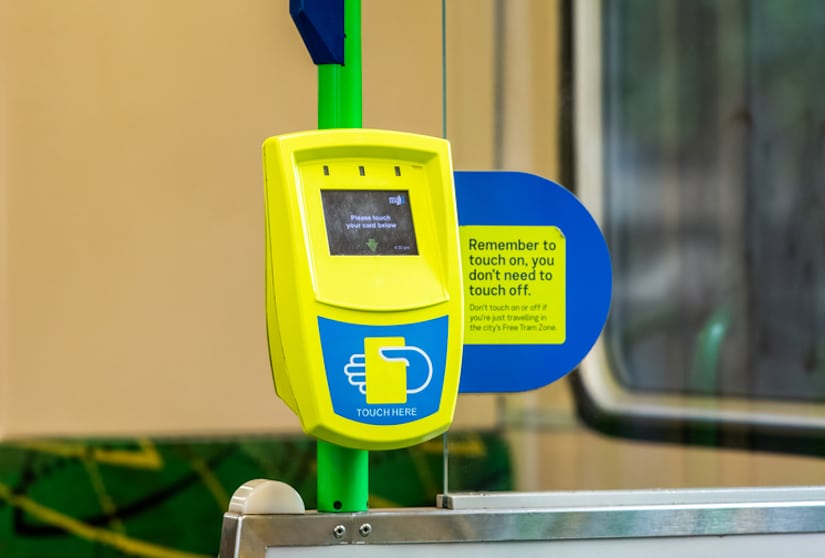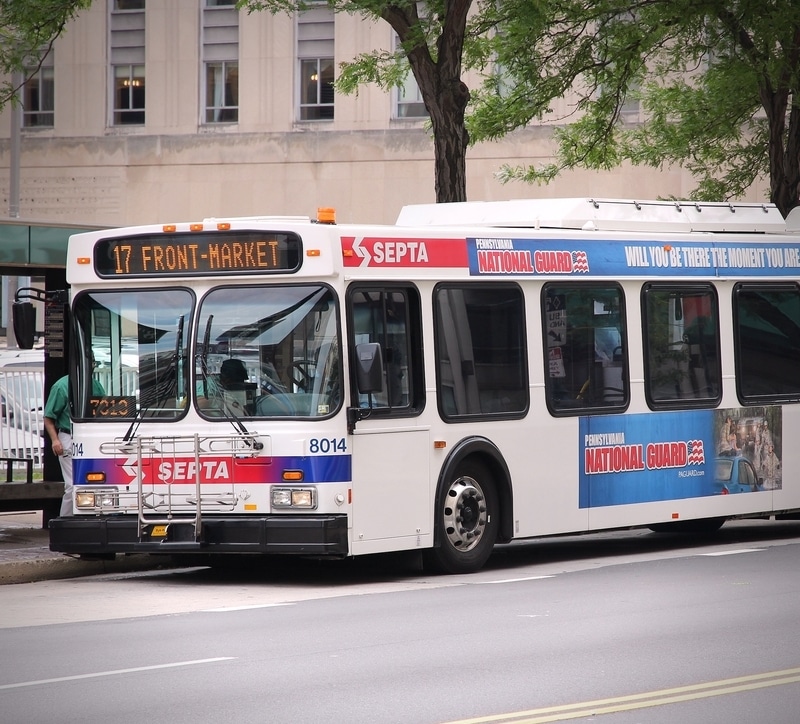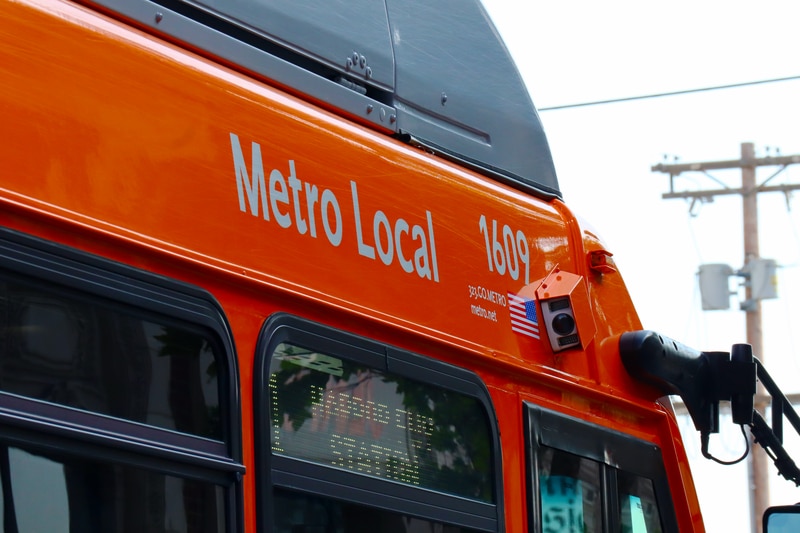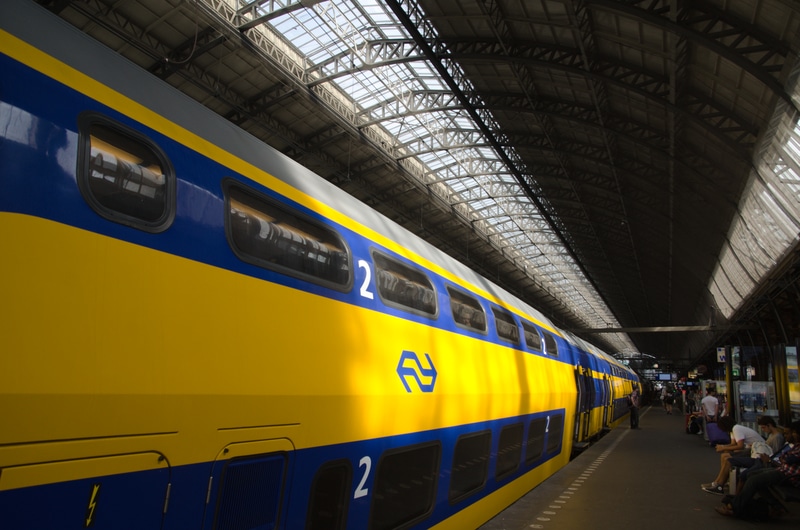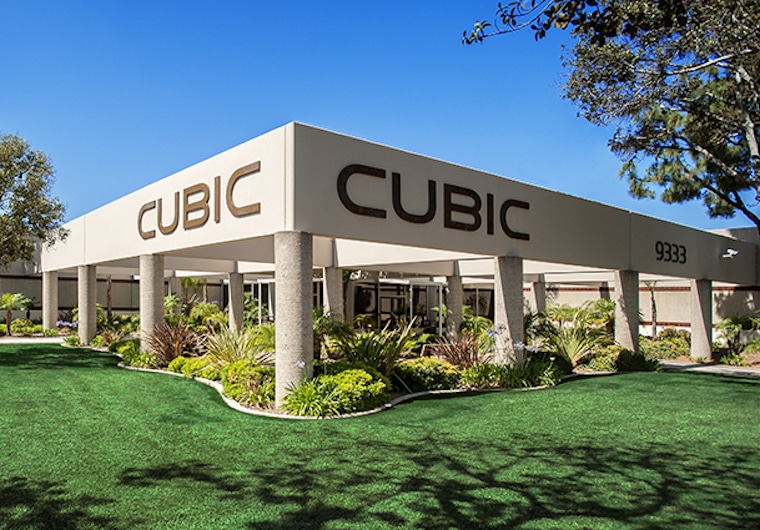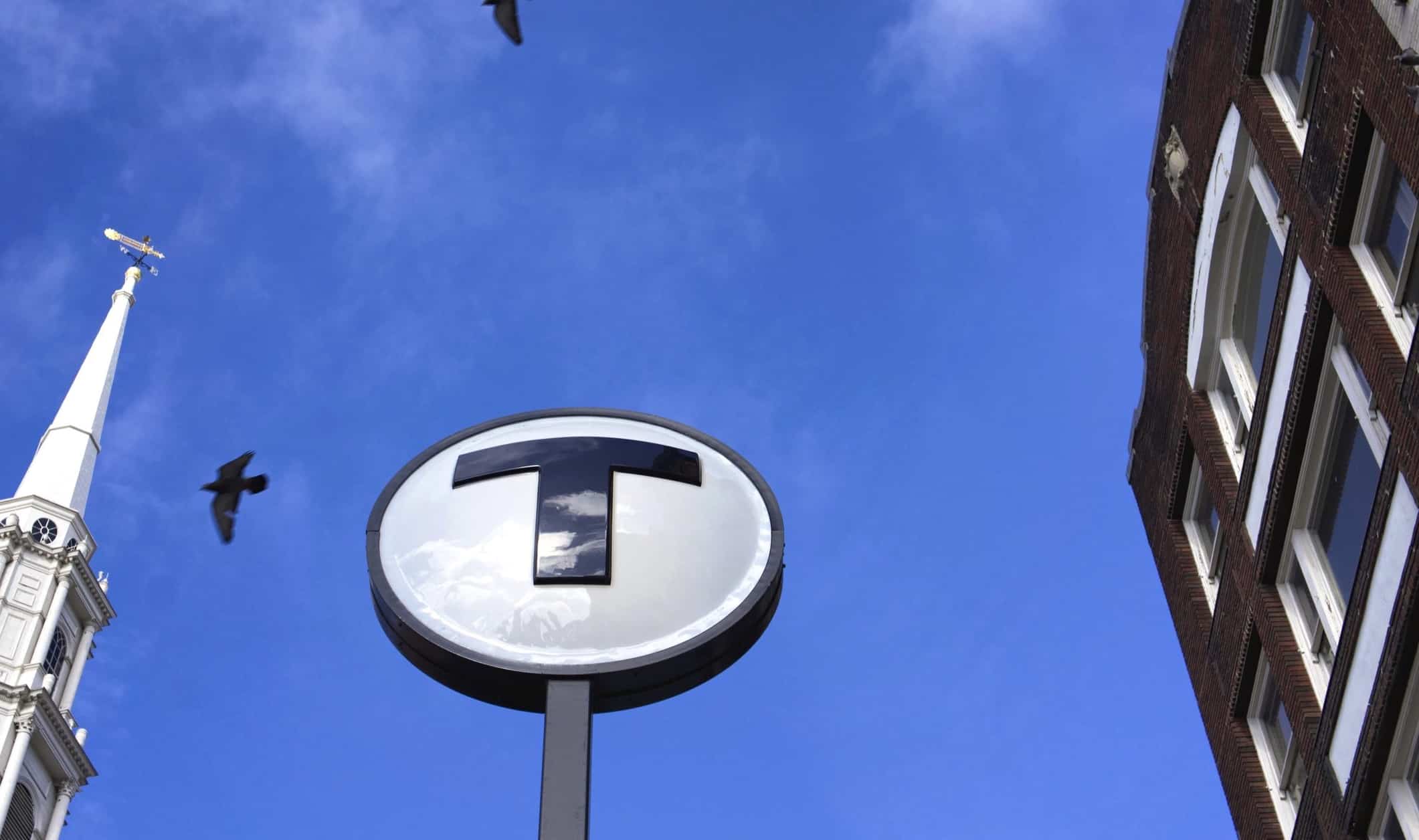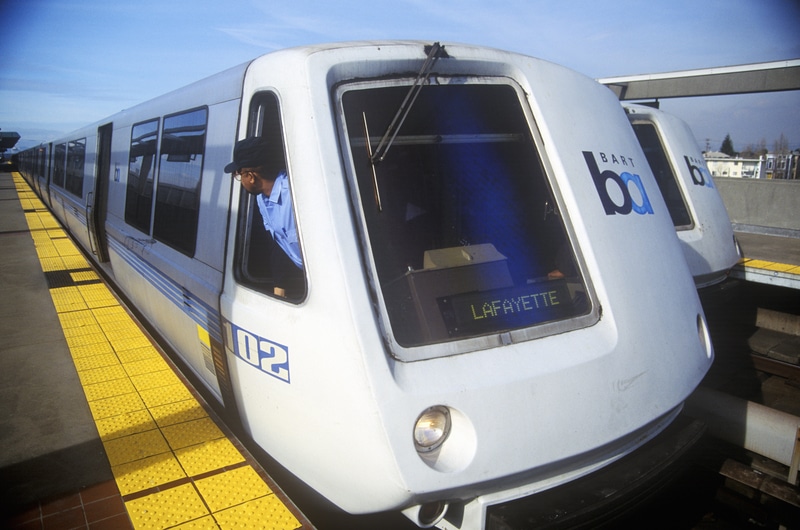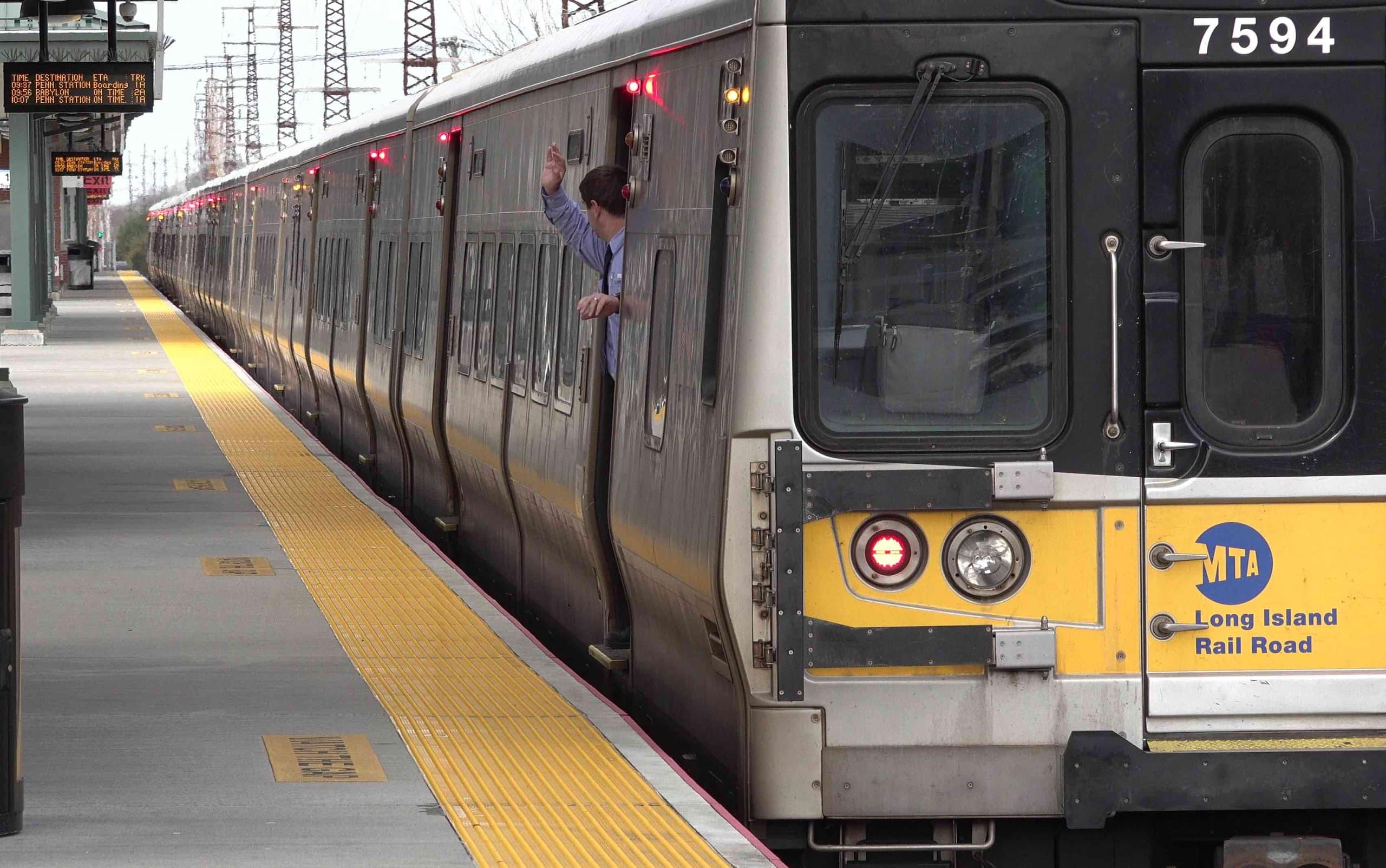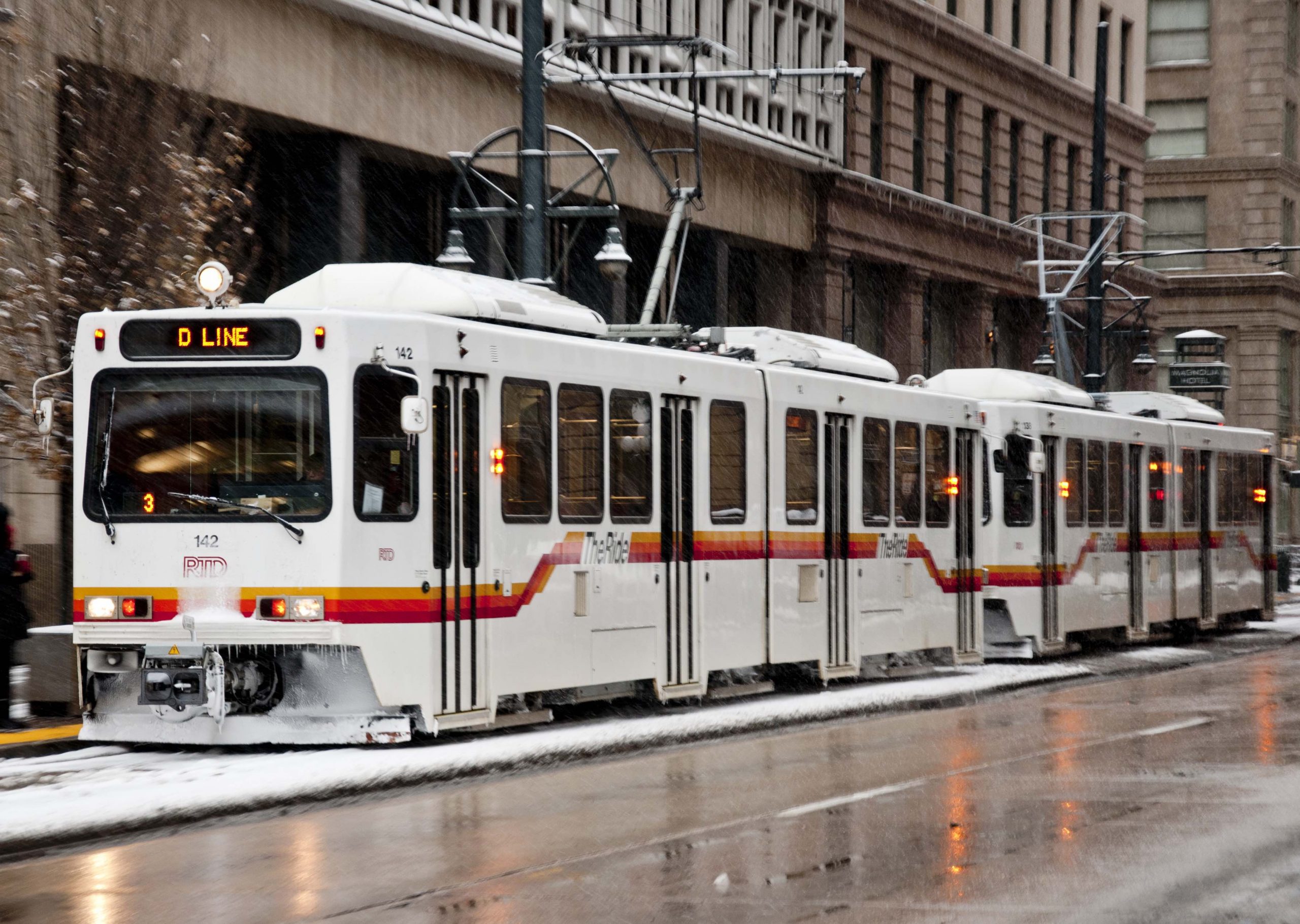
Article Highlights
Key Takeaway:
While Denver transit agency RTD has been on the leading edge of supporting mobile payments in third-party apps, including those by Transit and Uber, the vast majority of its mobile ticket sales are through its own app.
Key Data:
Chart on mobile ticket sales by type of app.
Organizations Mentioned:
• RTD Denver
• Uber
• Transit
• Masabi
(This premium article was originally published in March 2020. © Mobility Payments and Forthwrite Media.) Since last May, when ride-hailing service Uber officially began enabling customers to book and pay…







